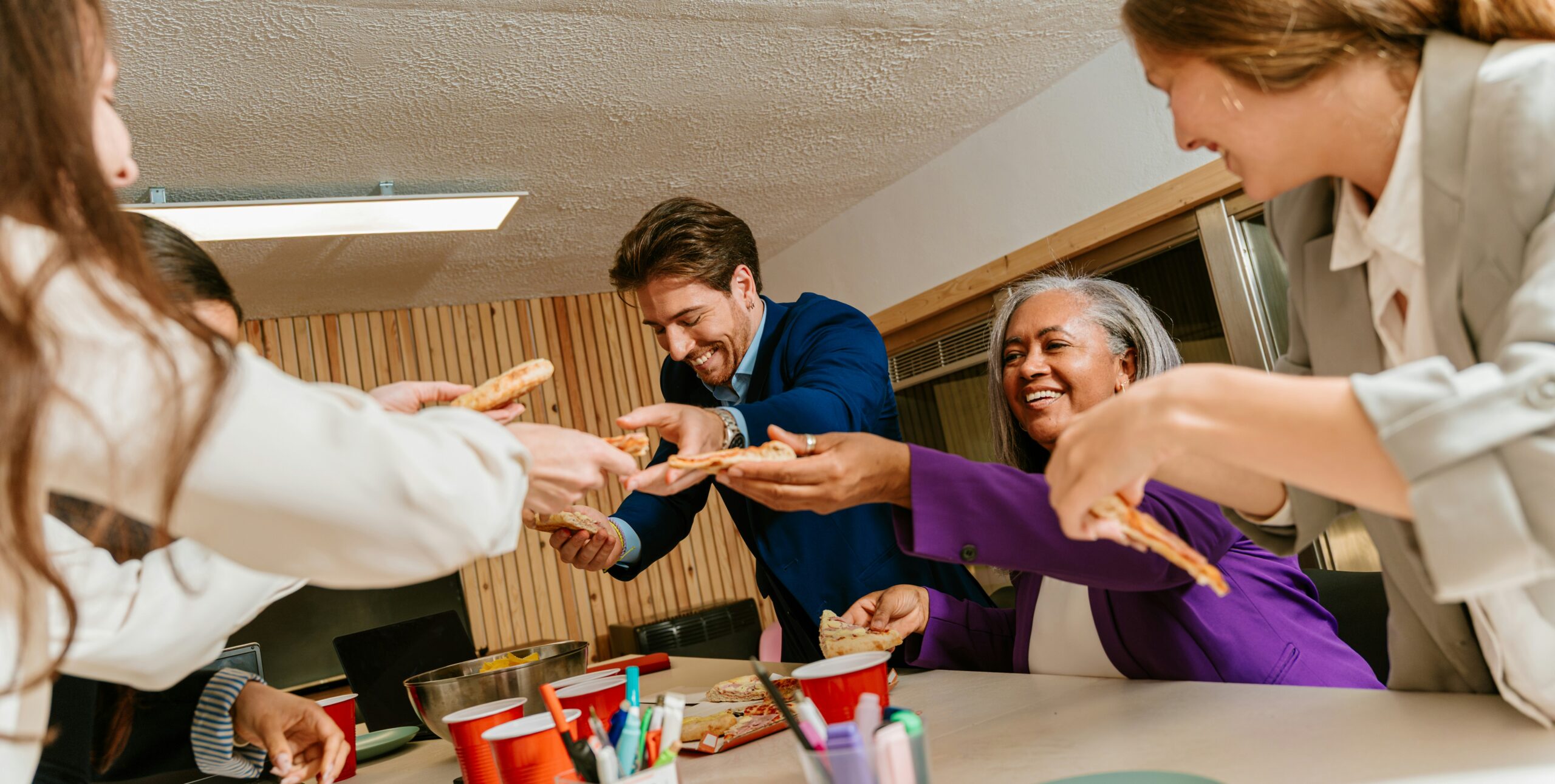
In today’s world, community philanthropists are playing a vital role in strengthening neighborhoods and enhancing the lives of residents. Through their efforts, they create positive change that lasts for generations. From providing financial support to spearheading social programs, community philanthropists are addressing various neighborhood needs. Their work goes beyond donations; it fosters connection, trust, and a culture of giving that unites individuals and families.
Philanthropy at the community level offers incredible potential to improve neighborhoods. It’s not just about charity—it’s about empowering individuals and transforming spaces into thriving hubs. This article explores how community philanthropists enhance neighborhoods and create positive change.
Encouraging Local Giving: The Heart of Community Philanthropy
One main way community philanthropists strengthen neighborhoods is through local giving. When philanthropists choose to invest in their neighborhoods, they directly impact the well-being of those around them. Local giving can take many forms, from financial donations to supporting community events and services. The key is that the funds stay within the community, benefiting the people involved in the effort.
For example, many philanthropists donate money to local schools to fund educational programs, sports teams, and extracurricular activities. Others invest in public spaces like parks or community centers, ensuring everyone has access to resources that improve their quality of life, regardless of their background.
In addition to financial contributions, philanthropists offer their time and expertise. By volunteering and mentoring local youth, they set an example of leadership and help inspire others to get involved. This collective effort creates a cycle of giving that continuously builds the foundation for a better neighborhood.
Supporting Local Businesses: A Key Pillar of Community Growth
Community philanthropists also strengthen neighborhoods by supporting local businesses. Small businesses are the backbone of many neighborhoods, but often face challenges such as limited funding and a lack of visibility. Philanthropists play an essential role in alleviating these challenges by offering grants, loans, and partnerships that allow businesses to thrive.
Through their support, community philanthropists enable local businesses to hire more employees, offer better products or services, and contribute to the overall economic health of the neighborhood. This has a ripple effect—more businesses mean more jobs, increased spending, and a stronger sense of community pride.
Philanthropists also help create an environment where local entrepreneurs can innovate and grow. Whether they fund a new tech startup or promote a local restaurant, their contributions elevate the neighborhood’s economic landscape.
Promoting Education and Skill Development for a Brighter Future
One of the most effective ways community philanthropists create lasting change is by investing in education. By providing scholarships, funding schools, and supporting after-school programs, philanthropists are helping ensure that young people have access to quality education and resources that will enable them to succeed.
In many neighborhoods, access to education can be limited due to financial constraints. Philanthropists address this issue by filling the gaps and providing opportunities for children and adults to gain the skills they need to succeed. In doing so, they equip future generations with the tools to create change within their neighborhoods.
Moreover, philanthropic efforts aimed at skill development—such as vocational training or coding workshops—offer individuals new career paths and help reduce unemployment. This creates a cycle where educated, skilled individuals give back to their communities in return, reinforcing the strength and growth of the neighborhood.
Building Safe, Inclusive Spaces: Strengthening Social Bonds
Another significant contribution of community philanthropists is the creation of safe, inclusive spaces. These philanthropists fund initiatives that foster social cohesion, reduce crime, and promote mental health. Investing in safe community spaces, such as parks, cultural centers, and recreational facilities, provides areas where people can come together, build relationships, and form a sense of belonging.
These spaces are critical in strengthening social bonds within neighborhoods. People with opportunities to connect are more likely to collaborate, share resources, and support one another during challenging times. This reduces the sense of isolation and creates a more cohesive, supportive environment.
Additionally, philanthropists focus on addressing residents’ mental health needs. By funding counseling services, support groups, and wellness programs, they provide crucial services that contribute to the community’s overall health.
Promoting Sustainability: Investing in the Future of Our Neighborhoods
Philanthropists are also driving sustainability efforts that ensure neighborhoods thrive for future generations. These efforts include funding green initiatives, such as urban gardening projects, clean energy programs, and waste reduction initiatives. By investing in sustainability, philanthropists help reduce the neighborhood’s environmental footprint while improving the quality of life for all residents.
Sustainable practices also help build a sense of responsibility among community members. Encouraging individuals to adopt environmentally friendly practices fosters a collective awareness of the neighborhood’s environmental impact, resulting in a cleaner, more vibrant place to live, work, and play.
Community philanthropists who focus on sustainability make a lasting impact by improving their neighborhoods’ present and future. Their efforts ensure that future generations will inherit a healthier, more sustainable community.
A Legacy of Giving
In conclusion, community philanthropists are vital to strengthening neighborhoods and fostering long-term change. Through local giving, support for businesses, investment in education, creation of safe spaces, and commitment to sustainability, philanthropists play an integral role in shaping resilient, inclusive, and thriving communities.
The work of these philanthropists goes beyond simple charity; they create opportunities, empower individuals, and instill a culture of giving that becomes self-sustaining. By reinvesting in their neighborhoods, they make a ripple effect that benefits future generations.
As more people embrace community philanthropy, the potential for positive change increases exponentially. Through acts of kindness, commitment, and vision, community philanthropists are paving the way for stronger, more vibrant neighborhoods.